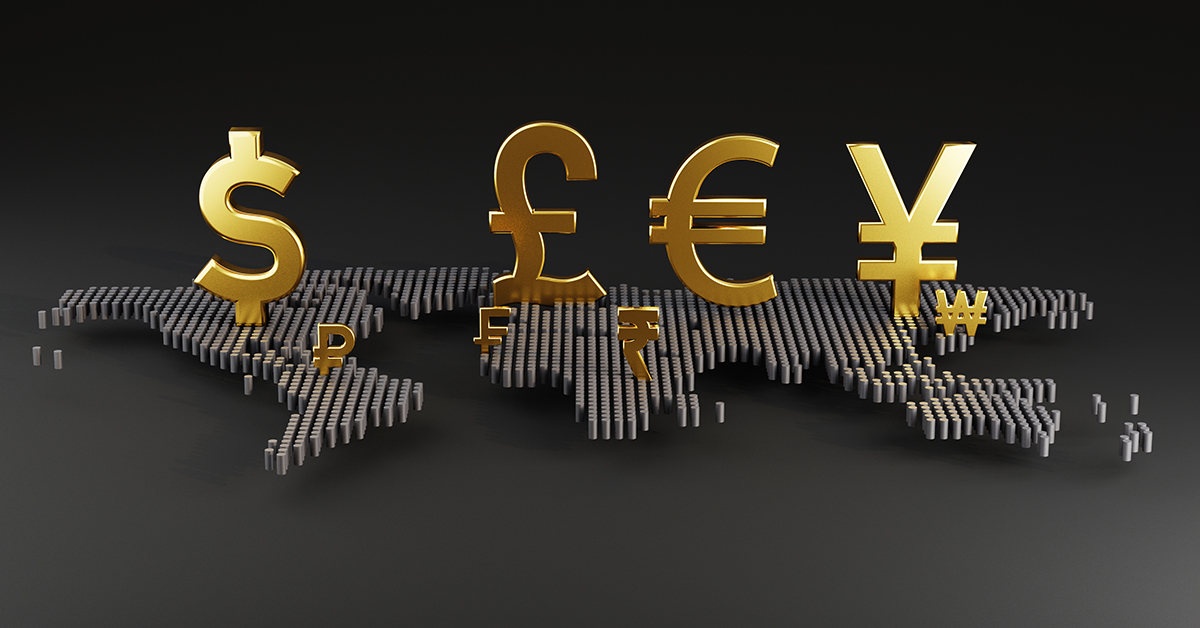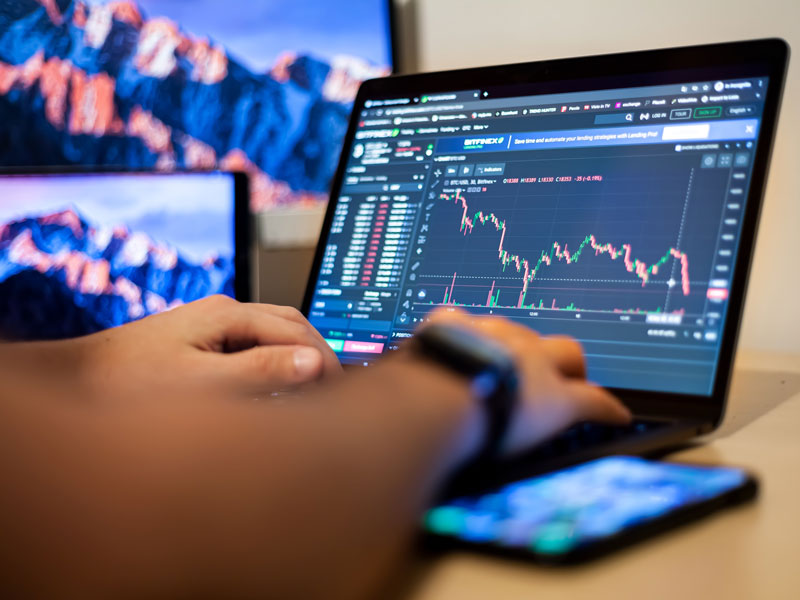
Forex exchange trading has become increasingly popular among investors and traders looking to leverage global currency fluctuations for profit. For those who are new to the field, expertly navigating the labyrinthine world of forex requires a deep understanding of its fundamental concepts. In this comprehensive guide, we will delve into the specifics of forex trading, explore effective strategies, and introduce essential tools, including forex exchange trading trading-terminal.com to enhance your trading experience.
What is Forex Trading?
Forex, or foreign exchange, refers to the global marketplace for trading national currencies against one another. With a daily trading volume exceeding $6 trillion, it is the largest financial market in the world. Forex trading involves buying one currency while simultaneously selling another, reflecting the shifting dynamics of the global economy. Unlike stock markets, which have specific operating hours, forex trading is conducted 24 hours a day, five days a week, providing traders with the flexibility to transact at any time.
The Mechanics of Forex Trading
At its core, forex trading relies on currency pairs, which denote how much of one currency is needed to purchase a unit of another. For example, in the currency pair EUR/USD, if the exchange rate is 1.20, this means it costs 1.20 US dollars to buy 1 euro. Currency pairs are categorized into three main types: major pairs, minor pairs, and exotic pairs.
- Major Pairs: These pairs include the most traded currencies, such as the US dollar (USD), Euro (EUR), and Japanese yen (JPY).
- Minor Pairs: These pairs do not involve the USD and consist of currencies such as the British pound (GBP) and Australian dollar (AUD).
- Exotic Pairs: Exotic pairs feature a major currency against a currency from a developing or emerging economy, such as USD/TRY (Turkish lira).
Understanding Leverage and Margin
One of the distinguishing features of forex trading is the use of leverage, which allows traders to control larger positions with a relatively small amount of capital. Leverage is expressed as a ratio, for instance, 100:1, meaning that for every $1 in the trading account, a trader can control a position worth $100. While leverage amplifies profits, it also magnifies potential losses, making risk management a crucial aspect of successful trading. Traders must understand margin requirements, which pertain to the amount of money required to open and maintain a leveraged position.

Key Strategies for Forex Trading
Successful forex trading hinges on the implementation of effective strategies. Some popular approaches include:
- Day Trading: This strategy involves making multiple trades throughout the day, seeking to profit from short-term price movements.
- Swing Trading: This method focuses on capturing price fluctuations over several days or weeks, often utilizing technical analysis and trends.
- Scalping: A high-frequency trading strategy that aims to exploit small price gaps, scalpers typically hold positions for mere minutes.
- Position Trading: This long-term strategy involves holding positions for extended periods, often based on fundamental analysis of economic indicators.
Technical and Fundamental Analysis
Successful traders often employ technical and fundamental analysis to inform their decisions.
Technical Analysis
This approach involves analyzing historical price data to identify trends and potential reversal points. Traders use various tools and indicators, such as moving averages, Bollinger Bands, and Relative Strength Index (RSI), to gauge market sentiment and make informed predictions.
Fundamental Analysis
Conversely, fundamental analysis focuses on evaluating economic, social, and political factors that can influence currency value. Traders analyze economic indicators like GDP growth rates, employment data, and interest rates to make informed predictions regarding currency movements. Understanding central bank policies and geopolitical developments is critical in this approach.

The Importance of Risk Management
In the volatile world of forex trading, implementing effective risk management strategies is essential. Traders should adhere to several principles, including:
- Setting Stop-Loss Orders: These orders help limit potential losses by automatically closing a position when it reaches a predetermined price.
- Position Sizing: Determining the appropriate amount to risk on each trade ensures that losses do not significantly impact the overall trading account.
- Diversification: Spreading investments across various currency pairs reduces exposure to any single trade, thereby mitigating overall risk.
- Staying Informed: Keeping abreast of relevant news and market developments allows traders to react promptly to changing conditions.
Choosing the Right Trading Platform
Selecting a reliable trading platform is vital for any forex trader. A good platform should provide a user-friendly interface, access to real-time data, a variety of trading tools, and responsive customer support. Additionally, many platforms now come equipped with educational resources, making them ideal for both novice and experienced traders.
The Role of Emotion in Trading
Trading is as much a psychological game as it is a financial one. Emotional decision-making can significantly hinder trading success. Fear of loss can lead to premature exit from trades, while overconfidence can result in reckless bets. Developing emotional discipline and a well-defined trading plan can help traders navigate the mental challenges they will inevitably face.
Conclusion
Forex exchange trading presents an array of opportunities for those willing to invest the time to understand its complexities. By mastering the fundamental concepts, utilizing effective strategies, and employing robust risk management practices, traders position themselves for success in this dynamic market. Whether you are a beginner or have some experience, continuous learning and adaptation are vital to evolving as a trader. Start exploring the possibilities today, and who knows, you might find yourself navigating the exciting world of forex trading with confidence and expertise!

